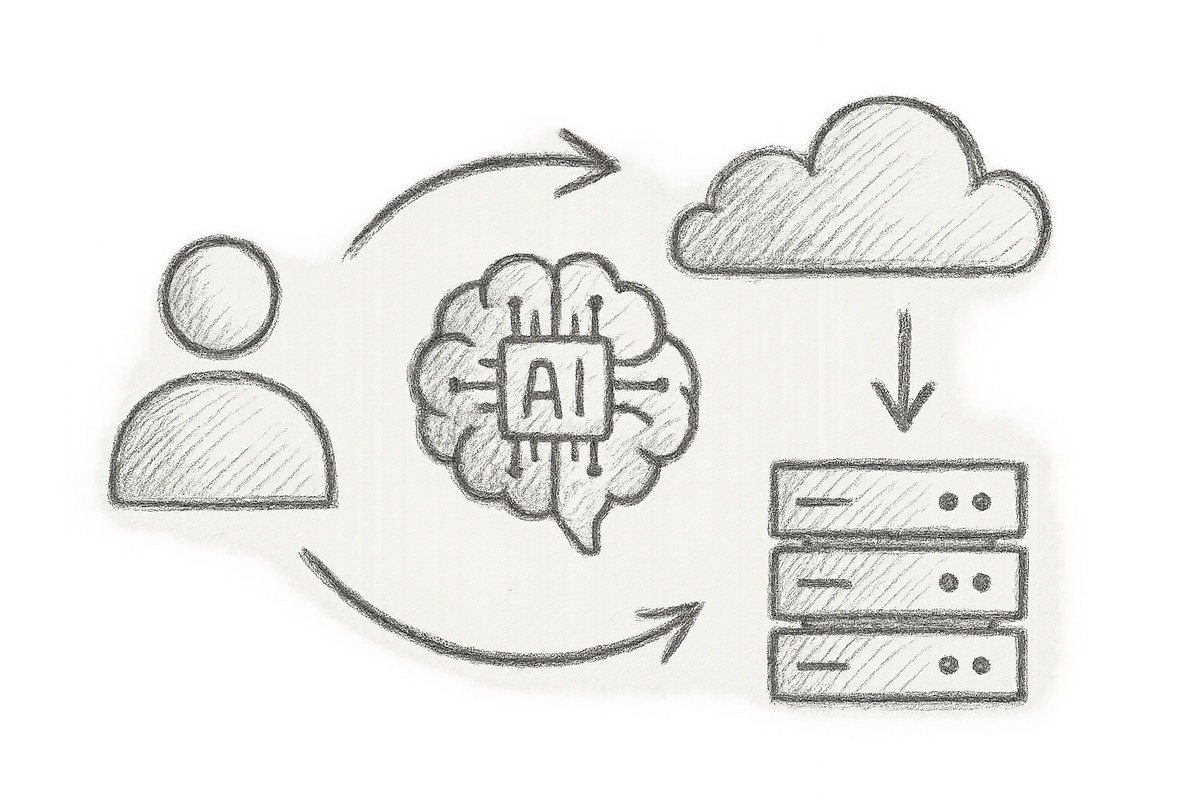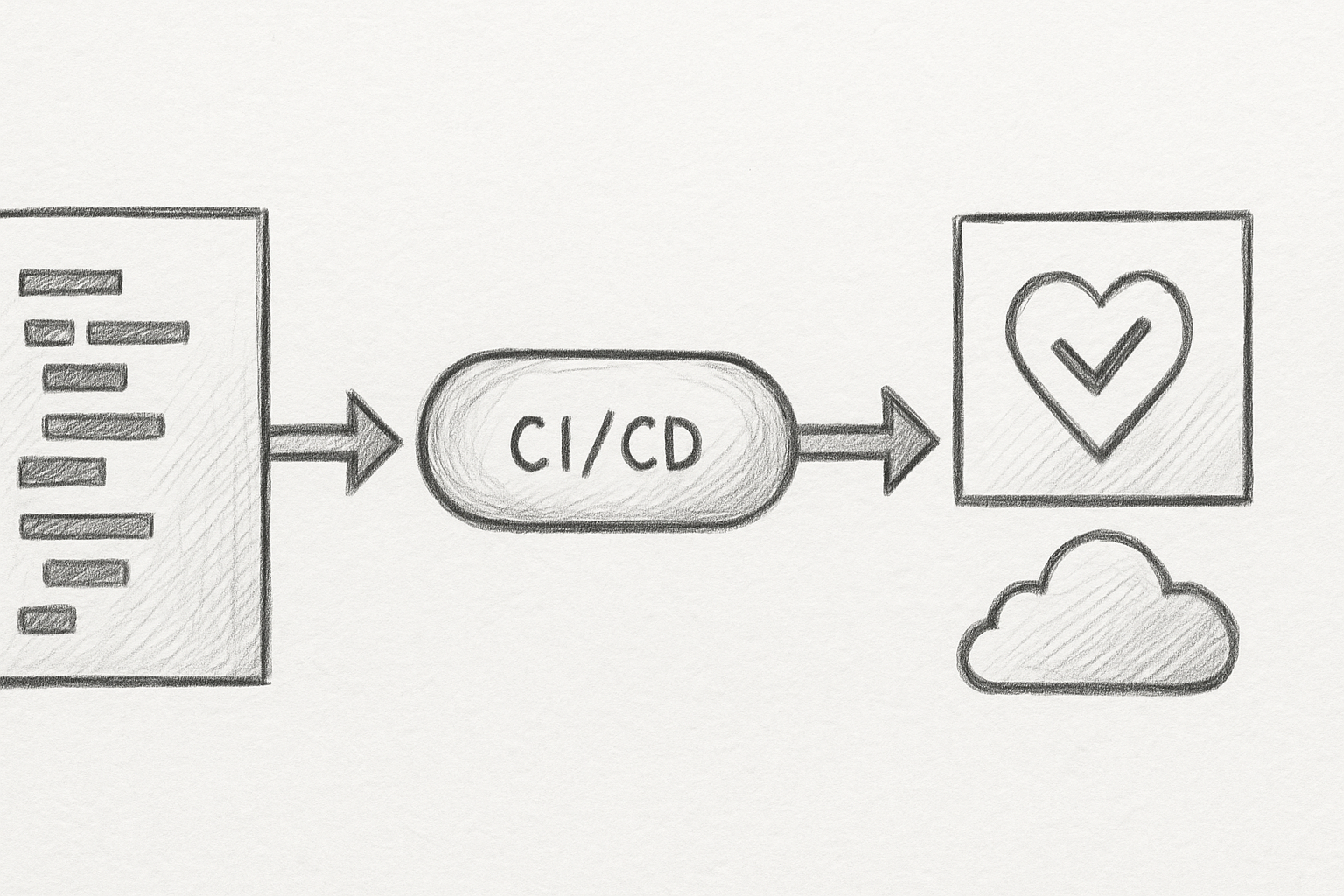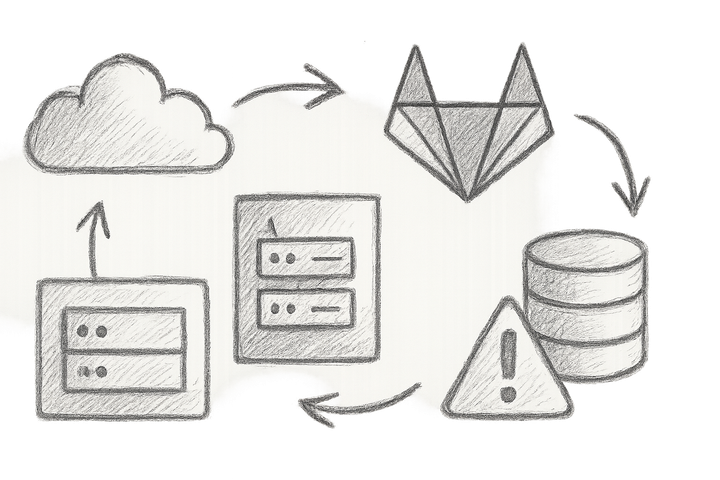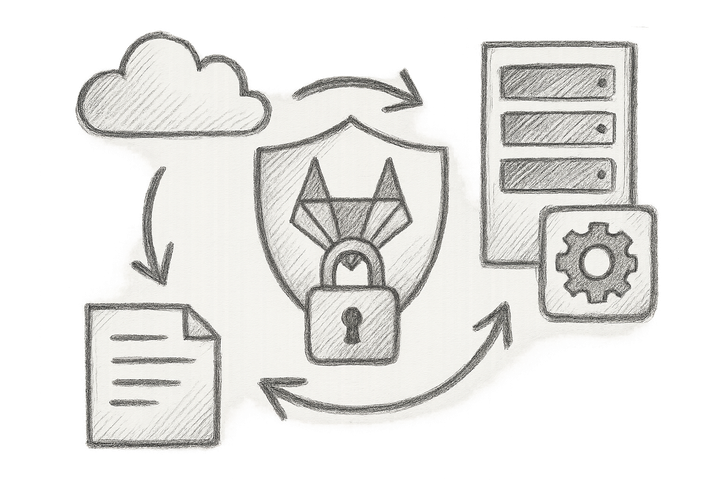Navigating the Future: Integrating Ethical AI into Your DevOps Workflows for Sustainable Success

The Ethical Imperative in AI
At 2 AM on a Tuesday, I was jolted awake by a slew of alerts. Our latest AI model, launched just days before, was behaving erratically, producing biased outputs that compromised our credibility. I thought I understood AI ethics well enough until I realised our team had neglected the essential governance frameworks crucial for responsible AI implementation. As AI technologies continue to evolve, embedding ethical considerations into our workflows is no longer optional; it is imperative for maintaining trust and ensuring regulatory compliance.
Recent statistics reveal that over 70% of organisations anticipate encountering ethical challenges related to AI within the next year, leading to substantial repercussions in terms of reputational damage and regulatory penalties. DevOps teams, often caught in the relentless rush for delivery, must grapple with these ethical dilemmas, balancing speed and efficiency with accountability and transparency.
Understanding Ethical Governance Frameworks
Ethical governance in AI requires us to define clear principles: fairness, explainability, privacy, and accountability. Fairness ensures that AI systems do not perpetuate or exacerbate biases, while explainability grants users insight into how decisions are made. Privacy safeguards sensitive data, and accountability posits that we must take responsibility for our AI's outcomes.
The concept of Constitutional AI, as developed by Anthropic, revolutionises this framework by empowering AI models to self-govern using predefined ethical principles. This approach diminishes the reliance on human oversight and manual review processes that often fail to scale. Moreover, the recent adoption of ISO/IEC 42001:2023 offers an actionable standard for establishing ethical AI governance, encapsulating essential practices for compliance and risk management across various sectors (source).
Current Challenges in Integrating Ethical AI into DevOps
Integrating these principles into daily DevOps operations is rife with challenges. First, there is a lack of clarity regarding ethical standards, leaving teams scrambling to understand how to apply them effectively. The unyielding pressure for faster delivery often conflicts with the time-consuming processes required for ethical checks. Additionally, skill gaps within teams can hinder the understanding and application of ethical governance frameworks. These challenges can resemble those faced during Effective Database Load Balancing Strategies in Cloud Environments, where clear guidelines and workflows are essential for managing system stability.
Establishing a Governance Baseline
The first tangible step towards embedding ethical AI into DevOps is assessing existing capabilities. Teams should undertake self-assessments to audit their workflows against key ethical metrics and identify areas for improvement. A simple checklist may include questions such as:
- Are ethical principles clearly documented and communicated?
- Is there a process for ethical review within our CI/CD pipeline?
- Are team members trained in AI ethics?
Embedding Ethical AI into CI/CD Pipelines
To successfully integrate ethical considerations at every stage of deployment, it is paramount to introduce automated ethical checks within CI/CD processes. Incorporating established metrics for assessing ethical behaviour allows teams to automate evaluation and reporting. This could involve the integration of tools like Snyk for security compliance alongside ethical checks, ensuring a robust gatekeeping process during deployments.
Example CI/CD Workflow Snippet
# GitLab CI/CD configuration for ethical checks
stages:
- test
- ethical-check
- deploy
ethical_check:
stage: ethical-check
script:
- ./run-ethical-audit.sh
only:
- master
This configuration ensures that ethical checks are executed every time code is merged to the master branch, catching potential bias issues early. This mirrors practices found in Optimizing Infrastructure Measurement with OpenTelemetry, where continuous measurement is essential for system health.

Developing a Cross-Functional Ethical AI Team
Success in ethical AI integration hinges on fostering collaboration between specialists in AI, DevOps, compliance, and product management. By building diverse teams that reflect multiple perspectives, organisations can cultivate a culture of ethical decision-making. This can be achieved through regular training sessions focused on ethical AI practices and collaborative workshops, akin to the collaborative approach seen in Integrating AI Tools into Your DevOps Workflow.
Case Studies: Success Stories in Ethical AI Integration
Numerous organisations have successfully operationalised ethical AI. For instance, a leading e-commerce platform implemented an ethical review committee composed of data scientists and ethicists. This committee oversaw the development and deployment of AI models, resulting in a 30% increase in user trust metrics. Strategies detailed in Enhancing Security Posture with Automated Compliance in CI/CD could offer valuable insights on creating robust compliance frameworks.
Measuring Success: Metrics for Ethical AI Integration
Tracking effectiveness is critical, and teams should identify key performance indicators (KPIs) to evaluate ethical AI integration. Metrics could include:
- Reduction in biased outcomes post-deployment.
- Number of ethical reviews conducted.
- Time taken for compliance documentation.
Utilising tools like MongoDB Atlas can facilitate effective data gathering and analysis, ensuring teams remain accountable.
Forward-Looking Innovation: Evolving the Ethical AI Paradigm
The future of ethical AI is bright yet challenging. Emerging technologies such as advanced machine learning algorithms offer promising enhancements in decision-making transparency, while Constitutional AI may push the boundaries of ethical governance frameworks further. Staying abreast of these developments can position DevOps teams at the vanguard of ethical innovation.
Conclusion: Next Steps Towards Ethical Innovation
As we navigate the complexities of AI, we must prioritise embedding ethical considerations into our workflows. By establishing governance frameworks, integrating ethical checks into existing processes, and fostering a culture of collaboration, we can ensure that our AI-driven ventures are both responsible and successful.
Actionable Steps Going Forward:
- Conduct a thorough audit of existing ethical practices within DevOps teams.
- Implement automated ethical checks in CI/CD pipelines.
- Build diverse teams and provide continuous training on ethical AI.
Reflecting on these developments, our long-term vision for ethical AI in the DevOps landscape should focus on maintaining societal expectations alongside our innovative ambitions. Doing so will position us for success, akin to how robust disaster recovery and effective load balancing strategies underpin system resilience in today’s digital landscape.



